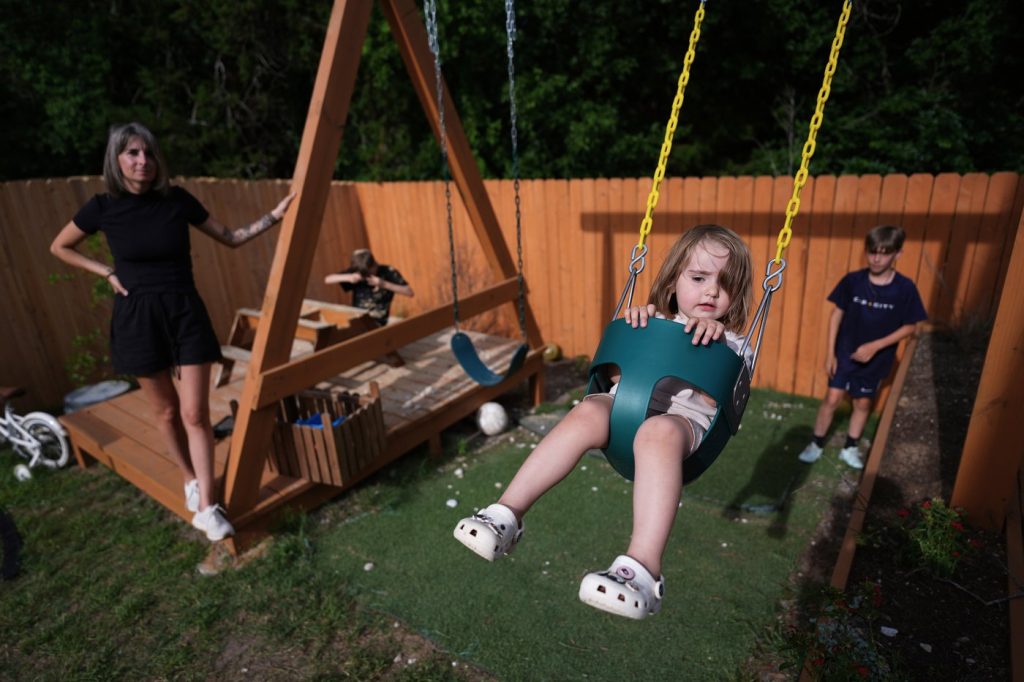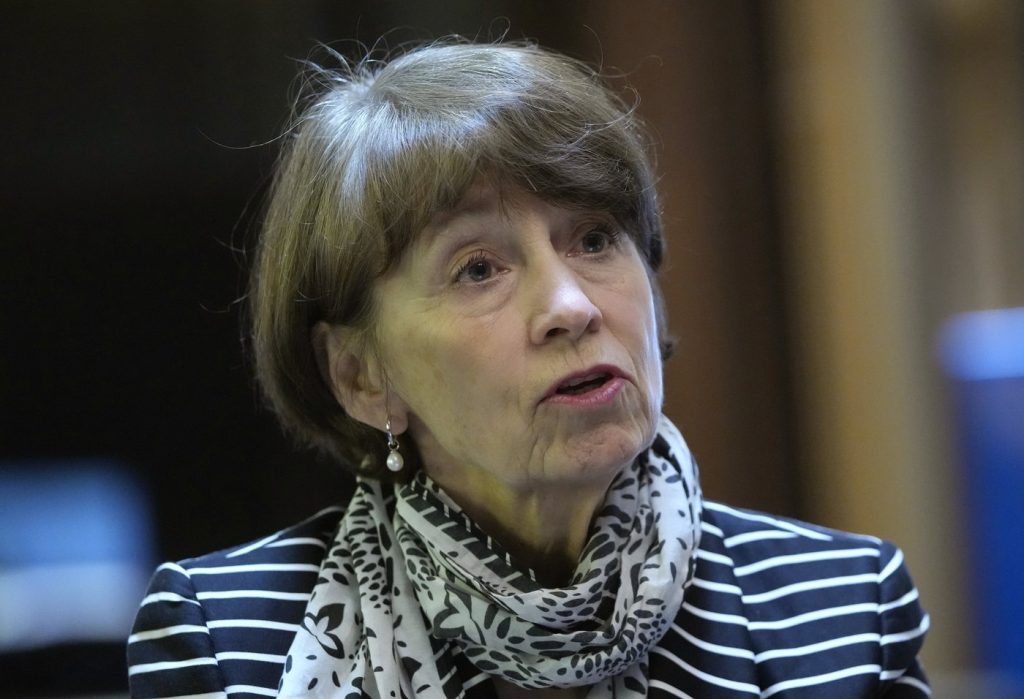Emery Eversoll, a 16-year-old from Kansas, and her mother shared a laugh recently at the remarks made by Health and Human Services Secretary Robert F. Kennedy Jr., who stated that some autistic children will never write poems. Emery, who has a room filled with notebooks of her poetry, often recites verses to manage her anger. Her mother, Jessica Eversoll, suspected Emery might be autistic when she memorized every word of her favorite book by the age of two.
The Eversoll family remains hopeful about Kennedy's initiative to launch a comprehensive study on the causes of autism. Autism is a complex developmental disorder that affects the brain, causing delays in language, learning, and social interactions, as well as a strong need for routine. Kennedy has expressed a commitment to identify potential causes of autism, a condition that has been extensively studied for years. He aims to have results by September.
Kennedy's controversial remarks suggested a grim outlook for individuals with autism, claiming that they will face lifelong challenges: “will never pay taxes, they’ll never hold a job, they’ll never play baseball, they’ll never write a poem, they’ll never go out on a date.” Such statements have divided the autism community. Some see it as a necessary acknowledgment of the struggles faced by families, while others argue that he inaccurately portrays the realities of autism, raising concerns about his ability to lead a meaningful assessment of the disorder.
Many community members are skeptical about Kennedy's ability to conduct a credible study, given his history of suggesting a link between vaccines and autism, despite substantial scientific evidence disproving this connection. Ohio father Scott Copeland, himself autistic and a parent to two autistic children, feels disillusioned, calling Kennedy’s promises similar to claiming a quick cure for cancer.
For families like the Van Den Berghe family from Massachusetts, Kennedy's comments resonated with their painful reality. Kelly Van Den Berghe has an 18-year-old son, Daniel, who is profoundly affected by autism, being non-verbal and frequently engaging in self-harm. His condition led to a recommendation for full-time residential care, a decision that still weighs heavily on her heart. She believes that if Daniel could express himself, he would prefer not to have autism due to the challenges it brings.
Similar sentiments are shared by Eileen Lamb, who, after observing signs of autism in her first son, Charlie, was diagnosed herself. Lamb deals with daily challenges, as her children require constant supervision and face difficulties like peeling paint off walls or trying to eat non-edible items. She balances these challenges while sharing therapy resources and milestones through her blog, emphasizing that while Charlie may not meet societal norms, there is more to measure than just limitations.
Although Copeland's 21-year-old son fits the description Kennedy provided, he feels that Kennedy shows a lack of understanding about autism. Kennedy has stated that he views autism as a “preventable disease,” a characterization disputed by many families who recognize the strong influence of genetics. For Ashley Seliquini, a 40-year-old speech pathologist from Greensboro, North Carolina, the connection is evident within her own family, where both she and her daughter share an autism diagnosis.
Kennedy's statements about rising autism rates continue to stir debate, particularly his suggestions linking vaccines to these increases, despite overwhelming scientific consensus dismissing such claims. Medical experts attribute the surge in diagnoses to improved awareness and recognition of autism, particularly among milder forms. As Kennedy prepares to embark on a study with a team of scientists, there are concerns about the focus of this research. Many hope it will emphasize supporting families rather than revisiting discredited vaccine theories.
For families grappling with autism, answers about the disorder's origin are of great significance. Van Den Berghe continues to search for explanations for her son's condition, especially given the absence of autism in her family history. With no clear answers yet, the autism community remains hopeful for a study that will address their concerns while enhancing support systems for families navigating these challenges.












